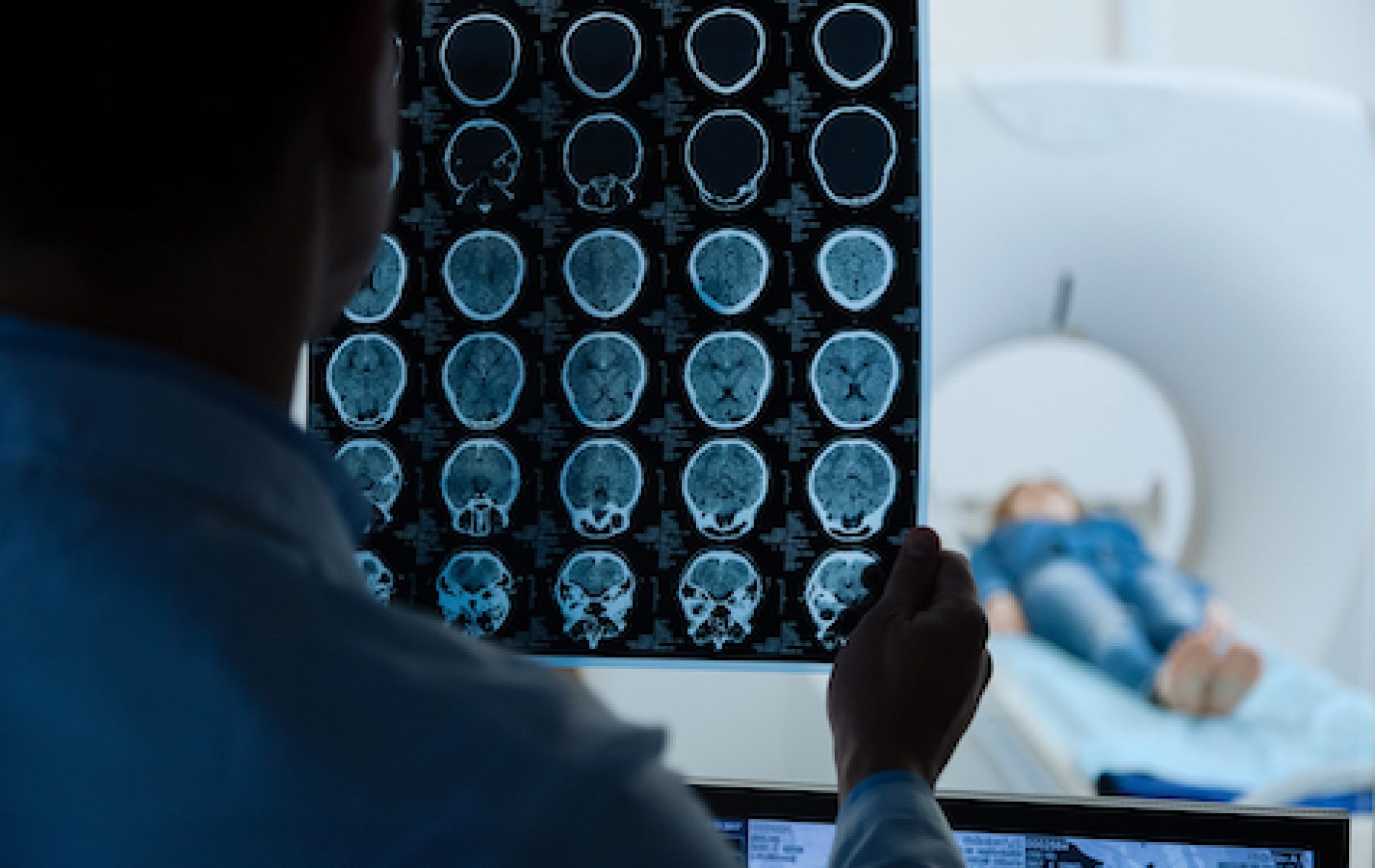A concussion, also known as mild traumatic brain injury (mTBI) can jolt the brain for a few seconds. The effects are usually temporary but can last for weeks to months after the incident that caused the concussion. Symptoms associate with concussion include headaches and difficulty concentrating as well as trouble with balance, memory and coordination. Some people show symptoms like ringing in the ears, nausea/vomiting, blurry vision, migraines, fatigue, or post-traumatic stress disorder (PTSD).
Concussions can damage the brain at a microscopic levels, and so it is difficult to detect on CT, MRI or PET scans. The diagnosis is often based on the constellation of symptoms in a patient.
The medical and scientific fields continue to learn about concussions as there is a lot of misinformation regarding the condition. New information about the underlying causes of symptoms of concussion and how to treat them continues to unravel. To clear the air of myths regarding concussion a little, here are some things that you should know about concussions.

Myth #1 – A Concussion Happens Only After Hitting Your Head
You do not have to experience a sudden blow to your head to undergo a concussive injury. Any sudden movement of your head or neck, as it can happen in a car accident or tackling in football, can impact the brain adversely. As awareness grows, doctors are noticing more concussions that do not involve direct blows to the head – especially with military personnel who are exposed to the forces associated with bomb blasts. Shock waves from such an explosion can cause the brain to bounce within the skull in such a way that a concussion can take occur.
There are nearly 1.36 million concussions every year in the United States, according to the Centers for Disease Control and Prevention (CDC). This number is expected to rise as doctors are more aware of mild TBIs, causing the numbers of incidences to rise.

Myth #2 – Minor Concussion Are Not Harmful
If you think there is even the smallest of chance that you might have a concussion, proceed with caution. Your balance, judgement, or alertness may not be perfect and you need to be extra careful. Don’t put yourself in a situation where you can easily fall and bump your head again, such as putting on a pair of skates or go skiing. It is agreed among experts that reducing the risk of another concussion is important. Having more than one concussion puts you at risk for having more concussions, and can lead to complications that are long-lasting (such as persistent headaches, depression, memory loss, fatigue, or dizziness).

Myth #3: You Should Try Not to Fall Asleep After a Concussion
Most would tell you that you should not fall asleep after a concussion. If a child hits his or her head, well-meaning people will tell his parents to keep him awake until he can be examined. But in reality, sleeping a few hours after a concussion is okay and may even be helpful to your brain as it recovers.
Previously the only way to determine if a person had a complication from a brain blow was to interact with them while assessing their speech and motor coordination. These interactions require a person to be awake. But today, doctors can order scans (such as CT) if a major injury is suspected and a person’s sleep or wake status is less important.
Rather than worrying as much about keeping a person who could have a concussion awake, you need to focus on getting him/her to a doctor as soon as possible. In general, patients with concussion may feel tired and would benefit from sleeping.
Myth #4: You Need to Rest Your Brain After a Concussion
Some medical professionals will still order concussive patients to rest their brains for 10 days or so, with no TV, no physical interaction, no socializing, no work and more. This is wrong. The idea here was to keep athletes who had concussions form getting back into the game too quickly, risking a second concussive event, as athletes are often eager to get back on the field. But this recommendation has been misapplied to the general public, who really only need a couple of days to recover.
Prolonged rest is boring and it also flies in the face of recovery. According to one randomized controlled clinical trial of varying rest periods in patients who were concussed, those who were put on strict rest with no exercise, school or screen time, for five days after an injury reported more concussion symptoms after 10 days than those who only rested for two days. Numerous other studies have also supported the school of thought that less rest is better for concussion recovery.
Resting too much can not only cause a deconditioning of the brain, but it can also lead to the development of a sick role psychologically.
Instead, people who experience concussions should try to continue on with daily life unless symptoms appear, in which case they need to rest and try again later. This is one of the best ways to get your brain back in shape after a concussion. Exercise is actually helps patients recover faster from their concussion and so they need to become active sooner rather than later.
To learn more about our 12-week concussion recovery program, please visit us at NeuroGrow.com.
This blog was written by Mrs. Courtney Cosby and edited by Dr. Majid Fotuhi.



